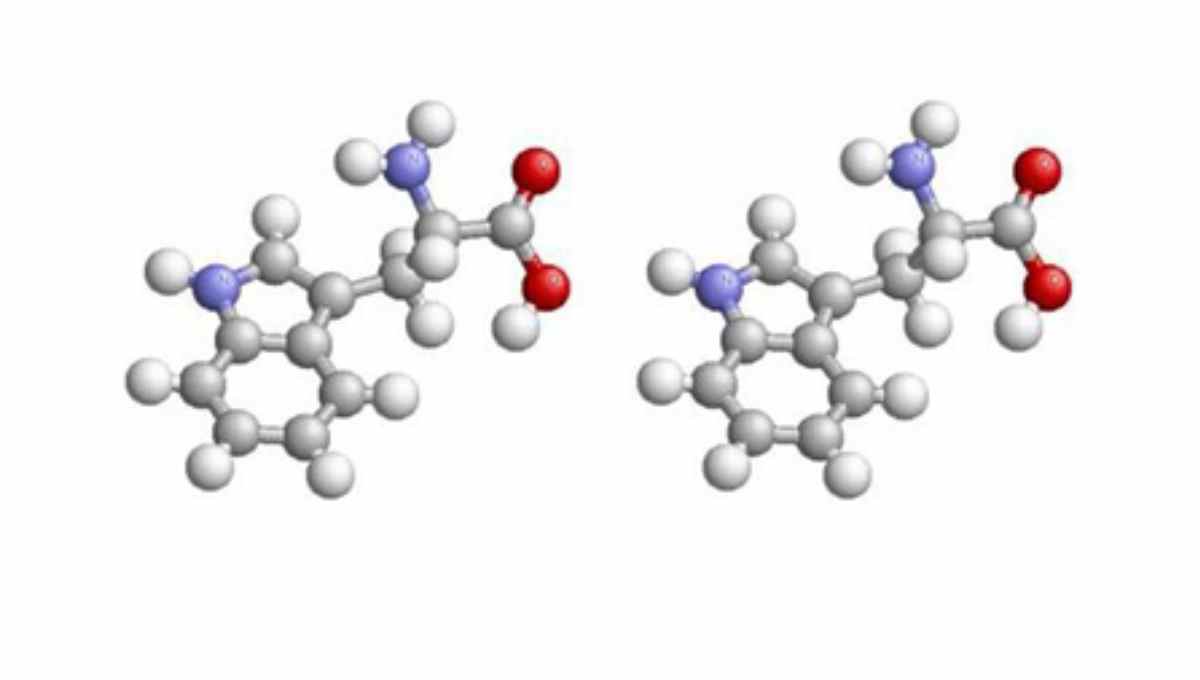
Chicago, June 10 : Using a streamlined process, researchers at the University of Illinois (UI) now can purify the amino acid precursors and build the polypeptides at the same time.
Drawing inspiration from ribozymes, which excel at making amino acid chains quickly while isolating them from the cellular environment, the researchers have developed a system that mimics the ribozyme function, building the amino acid chains quickly while removing any molecules that could contaminate the system. This allows the researchers to build the desired chains with non-purified amino acid precursors, namely N-carboxyanhydride (NCAs).
Amino acid chains, called polypeptides, are the building blocks needed in drug development and the creation of new biomaterials. Traditionally, making polypeptide chains has been a very complicated process. Synthesizing and purifying the NCAs requires days of tedious effort, and building the polypeptide chains takes hours to days.
“This is the first time since the discovery of the NCA molecule in 1906 that we have been able to build long chains using non-purified NCA,” said UI materials science and engineering professor Jianjun Cheng, who led the new research.
The method can be used in chemistry, biology and industry, where protein chains are routinely used as building blocks for the assembly of useful molecules.
“Previously, the field required specialized chemists like us to make these building blocks,” Cheng said. “Our new protocol allows anyone with basic chemistry skills to build the desired polypeptides in a few hours.”
In the next step, the researchers are investigating how to scale up the process and explore the full range of chemical and biological applications the new approach allows.
The study, posted on UI’s website on Thursday, has been published in the Proceedings of the National Academy of Sciences.
 Weekly Bangla Mirror | Bangla Mirror, Bangladeshi news in UK, bangla mirror news
Weekly Bangla Mirror | Bangla Mirror, Bangladeshi news in UK, bangla mirror news







